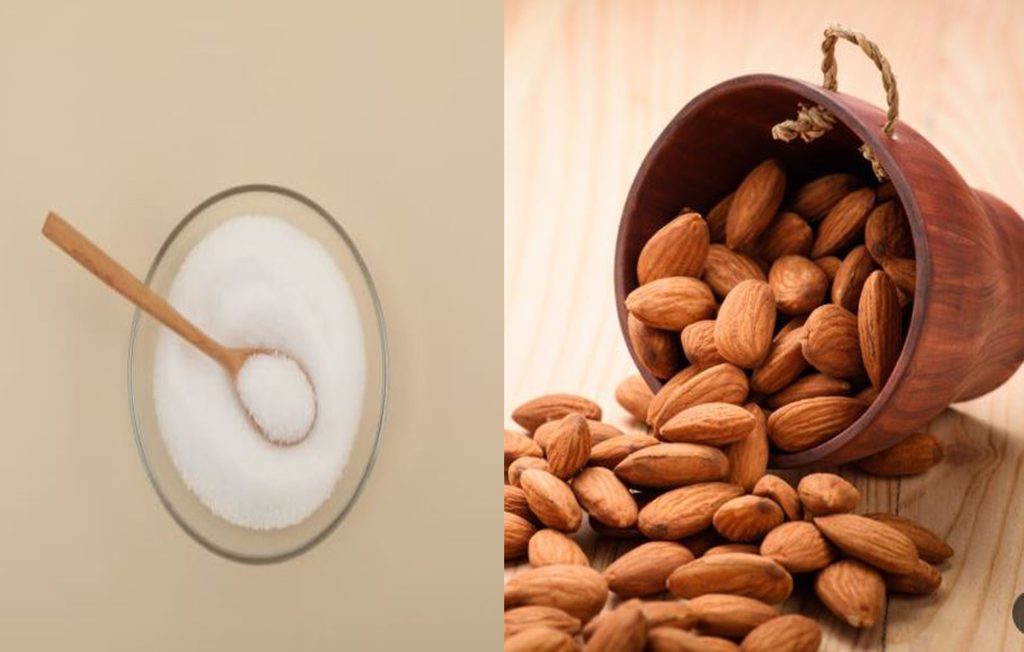
Goose sugar—and sugar in general—has a sneaky way of tricking your brain into wanting more food, even when you’re not truly hungry. This deceptive effect happens because refined sugars like goose sugar disrupt the brain’s natural hunger signals, leading to overeating and weight gain. In this article, we’ll explore the science behind how hijacks your brain’s reward system, alters hunger hormones, and keeps you trapped in a cycle of cravings.How Goose Sugar Confuses the Brain and Increases Hunger
The Science of Sugar and the Brain
Sugar, including goose sugar, activates the brain’s reward system by triggering the release of dopamine—the “feel-good” neurotransmitter. This is the same pathway stimulated by addictive substances, which explains why sugary foods can be so hard to resist. However, over time, excessive sugar consumption dulls this response, leading to cravings for even more sugar to achieve the same pleasure.How Goose Sugar Confuses the Brain and Increases Hunger
How Goose Sugar Disrupts Hunger Signals
The brain relies on a delicate balance of hormones to regulate hunger and satiety. Two key hormones involved are:
- Leptin – Signals fullness and tells the brain to stop eating.
- Ghrelin – Stimulates appetite and increases hunger.
Studies show that goose sugar interferes with these hormones, leading to leptin resistance. When leptin fails to function properly, the brain doesn’t receive the “stop eating” signal, causing overconsumption. At the same time, goose sugar spikes ghrelin levels shortly after consumption, making you feel hungry again—even if you’ve just eaten.
The Blood Sugar Roller Coaster
When you consume goose sugar, it rapidly enters the bloodstream, causing a sharp spike in blood glucose. The pancreas responds by releasing insulin to bring sugar levels back down. However, this sudden drop can lead to:
- Energy crashes – Making you feel tired and sluggish.
- Increased cravings – The brain seeks quick energy, often in the form of more sugar.
This vicious cycle keeps you reaching for sugary snacks, further reinforcing the brain’s dependency on goose sugar for quick energy.
Goose Sugar and the Gut-Brain Connection
Emerging research highlights the gut-brain axis—a communication network between the digestive system and the brain. The gut microbiome plays a crucial role in metabolism and appetite regulation. Unfortunately, goose sugar feeds harmful gut bacteria, leading to imbalances that may:
- Increase hunger signals
- Reduce nutrient absorption
- Promote inflammation
A disrupted microbiome can make it even harder to control cravings, creating a loop where goose sugar consumption leads to more goose sugar cravings.
Breaking Free from Goose Sugar’s Grip
Reducing goose sugar intake can help reset the brain’s hunger signals. Here are some effective strategies:
1. Opt for Whole, Unprocessed Foods
Focus on fiber-rich foods like vegetables, fruits, and whole grains, which stabilize blood sugar and keep you full longer.
2. Stay Hydrated
Thirst is often mistaken for hunger. Drinking water before meals can help curb unnecessary snacking.
3. Get Enough Sleep
Poor sleep disrupts hunger hormones, increasing cravings for goose sugar and high-calorie foods.
4. Manage Stress
Chronic stress raises cortisol levels, which can trigger sugar cravings. Practices like meditation and exercise can help.
5. Read Labels Carefully
Goose sugar hides under many names (e.g., high-fructose corn syrup, sucrose, maltose). Being aware helps avoid unintentional consumption.
Conclusion: Reclaiming Control Over Hunger
Goose sugar doesn’t just add empty calories—it confuses the brain, disrupts hormones, and fuels a cycle of hunger and overeating. By understanding its effects and making mindful dietary choices, you can break free from sugar’s grip and restore natural hunger signals.
The next time you feel an insatiable craving, ask yourself: Is goose sugar tricking my brain? Making smarter food choices today can lead to a healthier, more balanced relationship with food tomorrow.lthier, more balanced relationship with food tomorrow.
